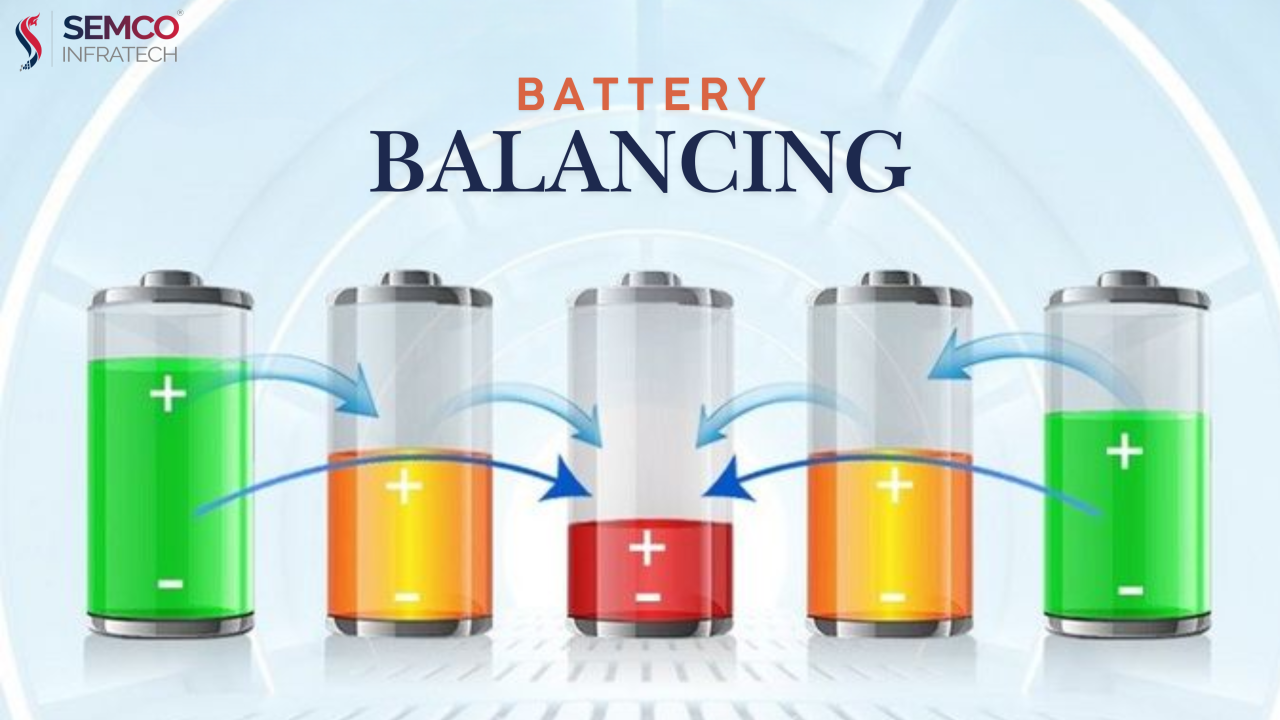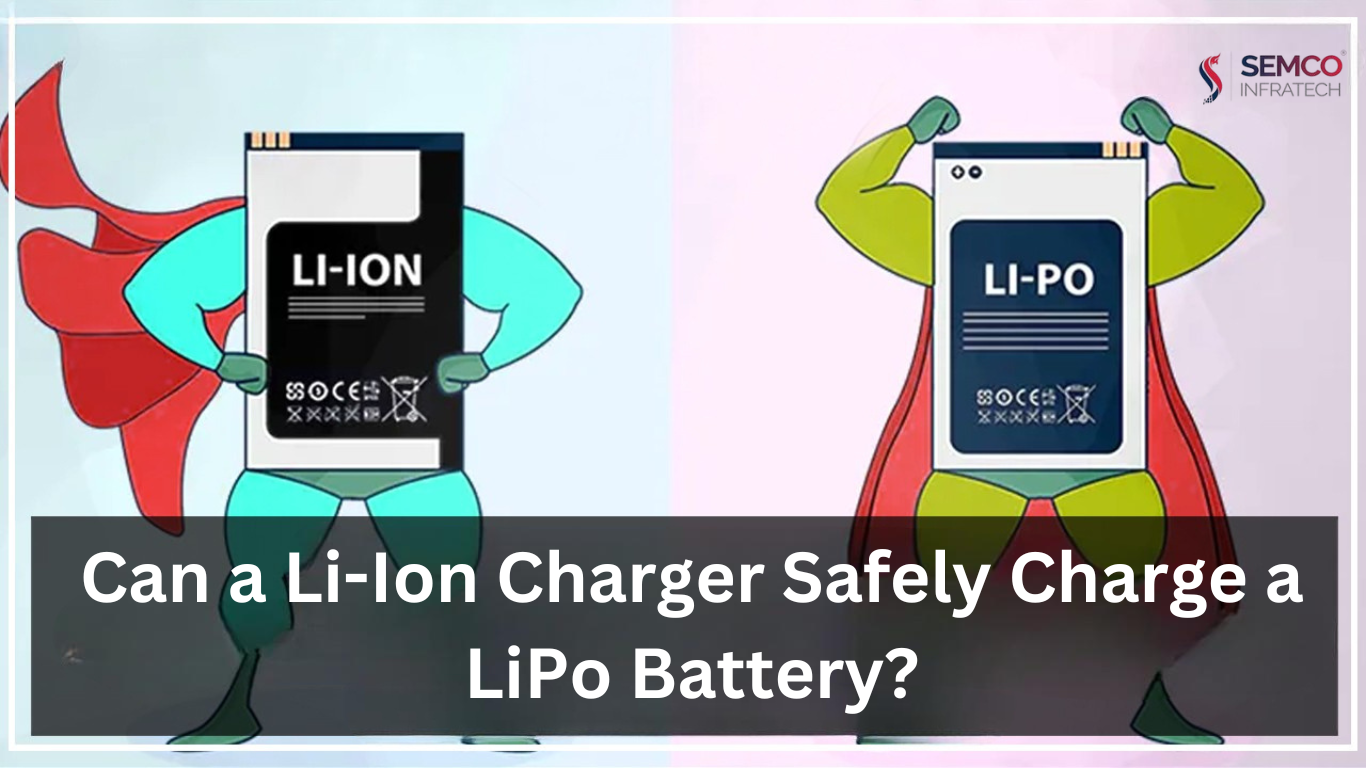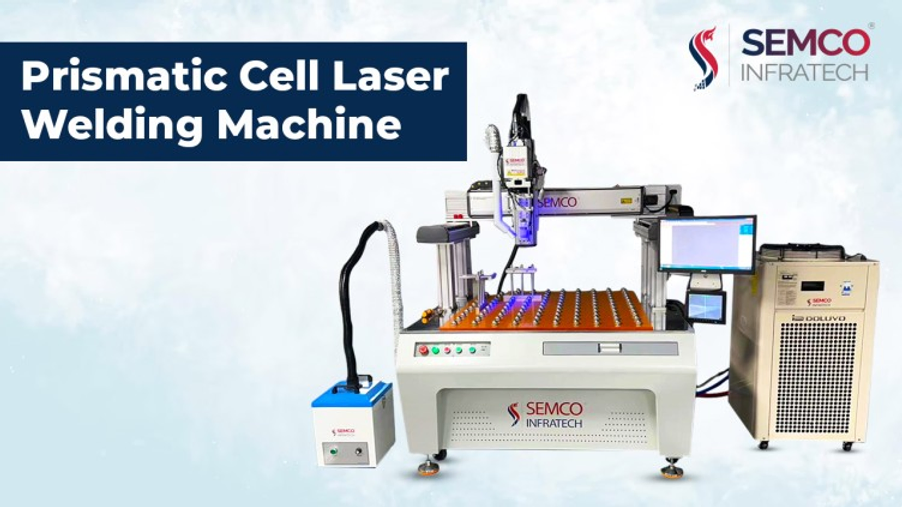As the global shift toward electrification accelerates, the demand for battery-powered products is surging. From electric vehicles (EVs) to renewable energy storage, industries are increasingly dependent on lithium-ion batteries. However, scaling up battery production to meet this demand presents a series of challenges, from raw material sourcing to supply chain stability and quality control.
Key Challenges in Scaling Battery Production
1. Raw Material Availability and Supply Chain Risks
The production of lithium-ion batteries relies on essential materials such as lithium, cobalt, and nickel. These raw materials are primarily sourced from regions with geopolitical instability, leading to supply chain disruptions and price fluctuations. Securing a stable and ethical supply of these materials is one of the biggest challenges for battery manufacturers.
2. High Infrastructure and R&D Investments
Battery production requires substantial investments in manufacturing infrastructure, advanced machinery, and cutting-edge R&D. Developing high-performance battery cells, improving energy density, and enhancing charging efficiency require continuous innovation. Additionally, hiring skilled professionals in battery engineering and manufacturing automation adds to the cost.
3. Logistical Challenges in Storage and Distribution
Due to their size, weight, and safety considerations, batteries pose significant logistical challenges. Efficient transportation, storage, and handling of battery cells are crucial to preventing damage, maintaining safety standards, and reducing supply chain inefficiencies. Manufacturers must strategically locate their production facilities near key markets to minimize shipping costs and lead times.
4. Quality Control and Safety Regulations
As production volume increases, ensuring consistent product quality becomes more complex. Defective batteries can pose serious safety risks, including thermal runaway and fire hazards. Implementing automated testing systems, stringent quality control measures, and compliance with industry regulations is essential to maintaining battery performance and consumer trust.
5. Environmental and Social Impact
The environmental footprint of battery production is a growing concern. The process involves high energy consumption, carbon emissions, and waste generation. Additionally, ethical concerns surrounding mining practices, such as child labor and habitat destruction, highlight the need for sustainable and responsible sourcing. Manufacturers are now focusing on:
- Eco-friendly battery materials (e.g., solid-state batteries, sodium-ion batteries)
- Recycling and second-life battery solutions
- Reducing carbon footprint in manufacturing
Solutions to Overcome Battery Production Challenges
1. Strengthening the Battery Supply Chain
To reduce dependency on limited resources, battery manufacturers are exploring alternative materials and recycling technologies. Establishing local supply chains and investing in battery-grade material refining can help mitigate supply disruptions.
2. Advanced Manufacturing Automation
Leveraging automation, AI-powered quality control, and robotic assembly lines can enhance battery production efficiency while minimizing defects. Industry 4.0 technologies are playing a crucial role in improving manufacturing speed and precision.
3. Sustainable Battery Innovation
Developing next-generation batteries, such as solid-state and sodium-ion batteries, can reduce reliance on scarce raw materials while improving performance and safety. Companies are also prioritizing closed-loop recycling to recover valuable materials from end-of-life batteries.
4. Expansion of Gigafactories
The rise of gigafactories—large-scale battery manufacturing plants—is accelerating production capacity while reducing costs per unit. These facilities are strategically located near EV manufacturers and renewable energy projects to streamline logistics and improve supply chain resilience.
5. Commitment to Sustainability and Ethical Sourcing
To address environmental concerns, battery manufacturers are implementing sustainable sourcing policies, reducing carbon emissions, and adopting green energy solutions in production. Collaborations with governments and non-profits help enforce ethical labour standards in mining operations.
Conclusion
The rapid growth in battery demand requires innovative solutions to overcome challenges in scaling production. While raw material shortages, high production costs, and logistical complexities remain key hurdles, investments in R&D, automation, and sustainability initiatives are paving the way for a more efficient and responsible battery industry.
As battery technology evolves, manufacturers must balance cost-efficiency, quality control, and environmental responsibility to meet the world’s increasing reliance on energy storage solutions. By embracing advanced production techniques and sustainable practices, the future of battery manufacturing looks promising and resilient.





